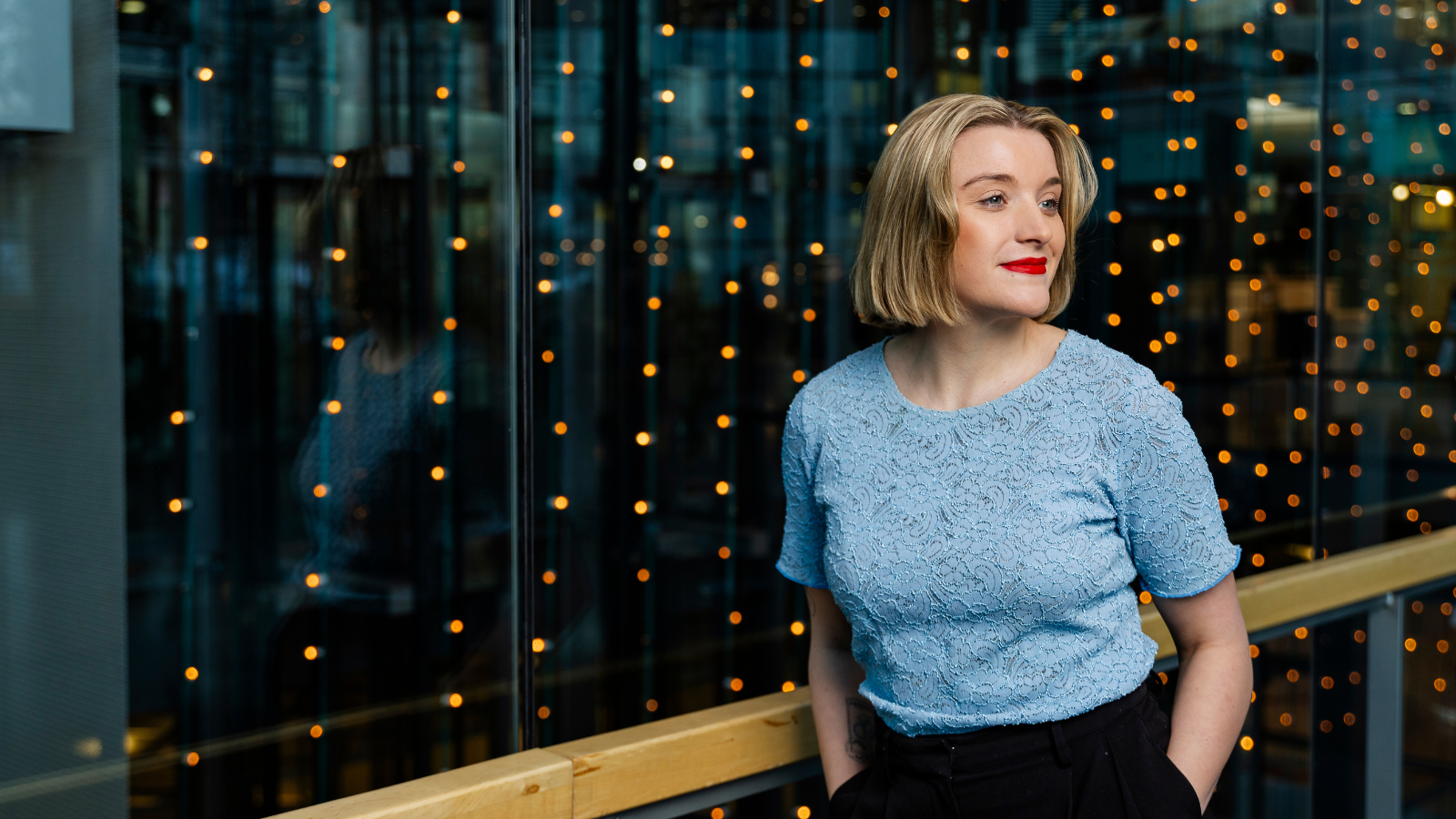When donating money to development cooperation or any other cause, many people start to think about what their money will be used for in practice and what their donation is actually worth. The aim of SYL’s fundraising campaign is to collect funds for planning and carrying out development cooperation projects. We will also apply for extra funding for the upcoming projects in Guatemala and Ethiopia. It is worth remembering that a donation of 1 euro from us will achieve extra funding of approximately 9 euros, because the project’s own contribution is around 10 per cent (the exact figures depend on the funding). So when the projects go ahead, the money you have donated will be multiplied by approximately nine, which means that your donation really is valuable. What will this money be used for in future projects, then? I would be happy to give you a few examples.
The aim of SYL’s development cooperation work is to promote access to and the quality of education as well as student influence in developing countries. In order to guarantee access one concrete step is to remove the financial obstacles. One term at a public university costs 12 euros in Guatemala, and funding tuition fees is a simple but important way to increase access. If Finnish students were made to pay tuition fees of 12 euros, few would find this a problem, but the situation is different in Guatemala. For a sum that is relatively small to us we can have a significant impact on one student’s life by giving them the opportunity to invest in the most valuable asset in the world: human capital.
The number of university students with disabilities is increasing in developing countries. In Finland, we are used to accessible buildings and to our welfare state supporting people with disabilities so that they can be equal to other students. In this respect, there is surely a lot to do still in Finland, and everyone should think about how you would study if you were not able to see this text or if you did not have a working hand for writing your exams. Many universities in Ethiopia lack learning aids, such as screen reader software which turns the text on the screen into synthetic speech or voice recorders which enable students to make notes of lectures. For one hundred euros we could buy a voice recorder for a student with a visual impairment. All students with visual impairments do not even have white sticks which help their sense of touch and enable them to do such a simple thing as getting around independently. For a mere ten euros we could buy a white stick for a student with a visual impairment.
The devices are not the only help required, as equality is only achieved by increasing awareness. For 30 euros you can fund one training session in inclusion of people with disabilities for the members of a student organisation. It is also important to empower students with disabilities so that they can continue the important work to increase equality once the project has come to an end. For 50 euros we can offer two days of leadership training for those in charge of organisations for students with disabilities. That is a small amount for a training session which has a far-reaching impact.
I hope that these examples shine some light on what our projects include in practice. Inspired by these examples, I would now like to challenge everyone to think about what you spend 12 or 50 euros on every month. It can be your broadband bill, one month’s worth of café visits or a new shirt. Next, I would like to challenge you to think about whether students in Finland have good civic skills, and what the situation is for people with disabilities in Finland. I feel like there is still a lot to do in Finland, but we have it really good compared to developing countries. Finally, I would like to challenge you to think about what you could do to empower university students in developing countries. Here’s a suggestion: donate a sum to the campaign that you feel suits your wallet. Maybe reading this text has made you want to offer a young person the opportunity to study at university for a mere 12 euros.
Aada Willberg
Master’s student of economics
KENKKU member
Åbo Akademi University




